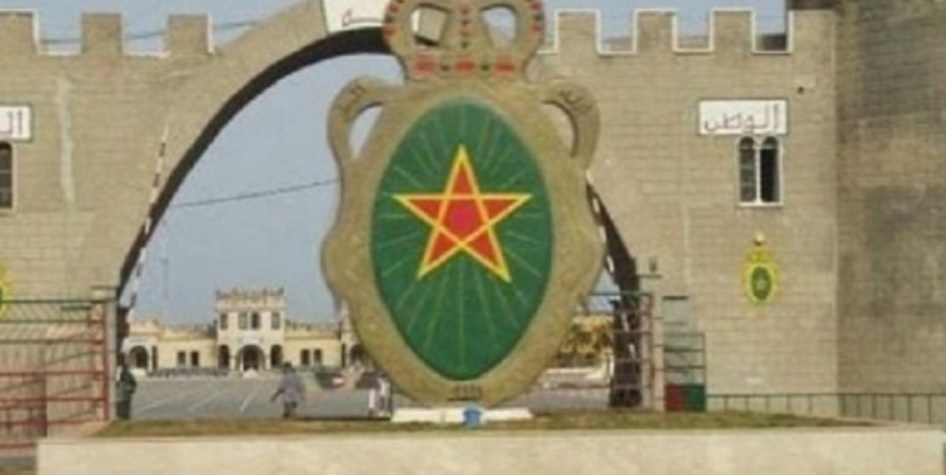
With the recent news that Morocco has finalized a contract to purchase at least 24 F-16 fighter jets from Lockheed Martin at an estimated minimum cost of $3.7 billion, Morocco has now spent more than $10.5 billion since the start of 2019 on arms purchases from the United States alone, according to data from the Forum on the Arms Trade. Despite these investments in national defense, the Moroccan government, like most governments, has been left flat-footed by the most pressing national security threat in recent memory, the coronavirus pandemic.
According to a report by the Stockholm International Peace Research Institute, in 2019 Morocco spent 3.1% of its GDP on defense, among the highest percentages in Africa. While Rabat’s defense budget may be formidable, Morocco’s national security strategy is misaligned with the security threats it more urgently faces. Indeed, although the Fonds spécial pour la gestion de la pandémie du Coronavirus raised a total of $3.2 billion from both public and private sectors, the Moroccan government has spent more than triple that amount purchasing weapons from American manufacturers in just the past 20 months. As Morocco continues this profligate spending on its military, the risk of war and the need for such armaments remains low; however, the risk of non-military threats is ever increasing.
COVID-19 needs to be a wakeup call for Moroccan policymakers. As of September 9, Morocco has confirmed more than 1,400 deaths due to the novel coronavirus. The misallocation of resources towards outdated concepts of hard security is damaging Morocco’s ability to respond to novel security threats like COVID-19. To ensure long-term security for all Moroccans, Rabat needs to use the coronavirus pandemic as a driver to refocus defense spending on the security issues that matter most to the Moroccan people.
While arms deals may help curry favor with American leadership, billions of dollars in weapons purchases are not what’s needed to protect Morocco from its most immediate threats. Indeed a recent study conducted by the Moroccan Institute for Policy Analysis indicates that Moroccans do not have confidence in the healthcare sector’s ability to respond to the coronavirus pandemic. Similarly, although Morocco is a leader in Africa on climate change, there is still much to be done to mitigate the long-term effects of the changing climate on Moroccan security.
Along with the redirection of funds used to purchase weapons towards human security, the Moroccan government also needs to redefine the very concept of national security to include non-conventional security issues, such as rising economic inequality, if it wants to be prepared for the next pandemic or other large-scale non-military threat. Global threats like the coronavirus pandemic require resiliency, not military might. Ensuring Morocco’s national security strategy includes well-defined plans for approaching future non-conventional threats is essential.
The coronavirus pandemic is a warning shot for countries around the world. Rethinking Morocco’s national security strategy to prioritize non-military threats like global pandemics, alongside shifting defense spending towards human security would, in fact, provide greater national security for Moroccans than spending billions on the latest military hardware. Across the globe, people are realizing that it is not the military that protects them from threats to life and livelihood like COVID-19; rather, it is a robust human security apparatus, including well-funded public health agencies. Morocco would be wise to prioritize these other approaches to security rather than continue on a path of outdated and costly military-focused security that leaves them unable to adequately respond to present-day non-conventional threats or those looming on the horizon.


